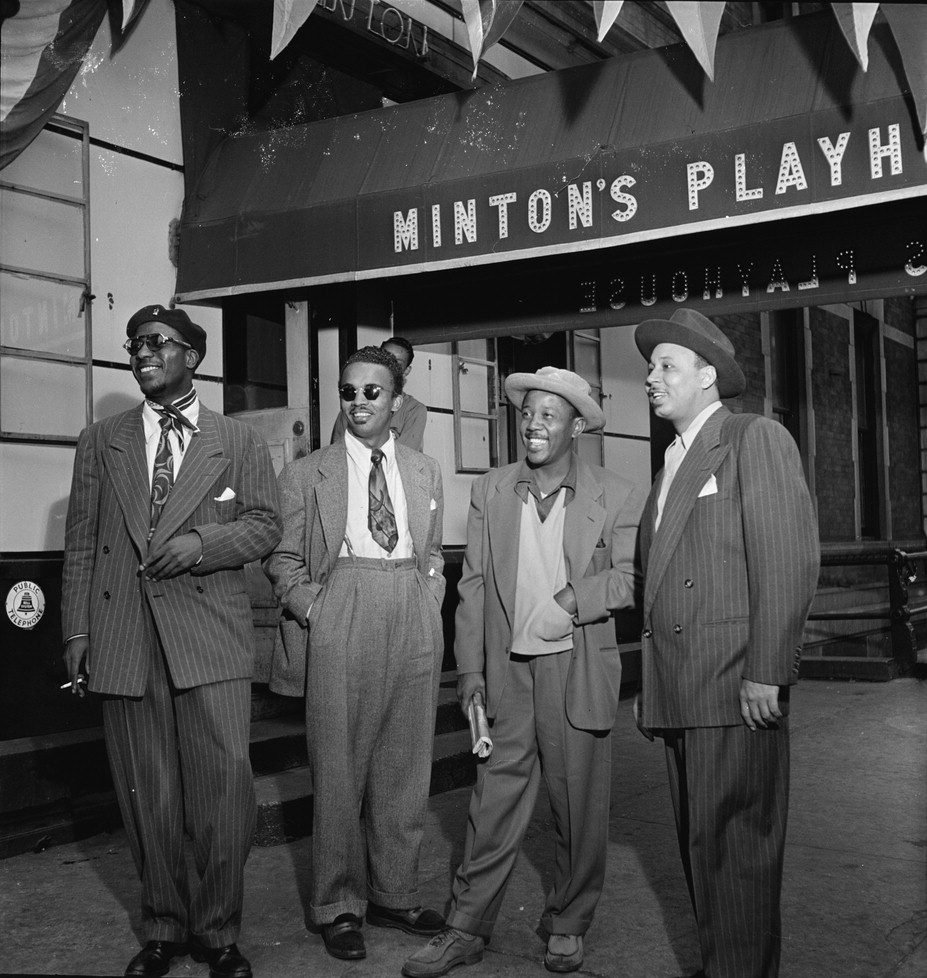Tag: Antisemitism
-

East Harlem Author’s Book Launch at Fordham University
Professor Magda Teter’s new book: Christian Supremacy: Reckoning with the Roots of Antisemitism and Racism will be launched tomorrow, at 4 PM and feature a panel discussion on the common roots of anti-Black racism and antisemitism. Teter’s book is published by Princeton University press. Tuesday, May 16, 4 PM In-person at Fordham University at Lincoln…
-

Landmarking in Harlem
Minton’s Playhouse and an apartment building in Hamilton Heights where jazz pioneers Duke Ellington and Noble Lee Sissle once lived may soon be listed and landmarked. Thelonius Monk, Howard McGhee, Roy Eldridge, and Teddy Hill outside Minton’s Playhouse in 1947. Photo via WikiCommons Minton’s Playhouse on West 118th Street was the birthplace of bebop, an improvisational style of jazz, came…

